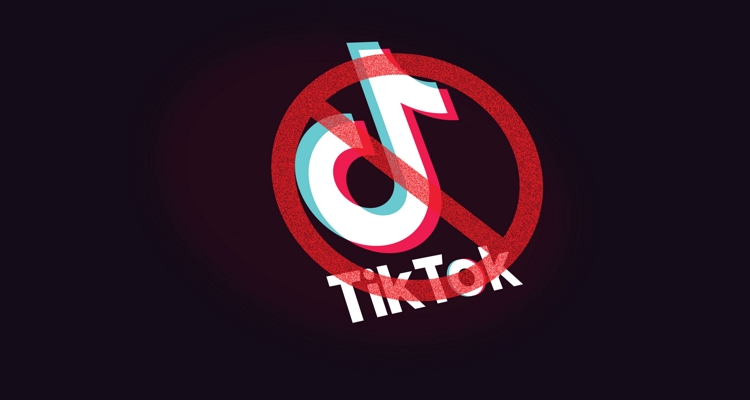TikTok is officially banned in the House of Representatives, the chief administrative officer has revealed in a formal notice sent to lawmakers and their staff.
TikTok has now been banned in another legislative chamber. This newest setback for ByteDance-owned TikTok, which has faced considerable data-related scrutiny from states since November’s beginning, came to light in a social media post penned by FCC commissioner Brendan Carr. A vocal critic of the video-sharing app and the unprecedented national security risk that it allegedly poses, Carr included with his message a copy of the aforementioned notice.
Intended for “all members and staff,” the straightforward order arrives after Congress passed a modified iteration of the No TikTok on Government Devices Act as part of its close to $1.7 trillion spending bill and as some White House officials reportedly push for a forced sale of TikTok’s stateside operations.
“The Committee on House Administration has authorized the CAO Office of Cybersecurity to initiate the removal of TikTok Social Media Service from all House managed devices,” the notice starts.
“Beginning immediately,” the text proceeds, staff are prohibited from downloading the app “on any House mobile devices.” And those who’d previously started using the service on House mobile devices “will be contacted to remove it,” the document makes clear.
“The Office of Cybersecurity has been deemed [sic] The TikTok mobile application to be a high risk to users due to a number of security risks,” the notice reads, reiterating thereafter the effects of the aforementioned No TikTok on Government Devices Act’s approval.
While significant in its own right, the House’s TikTok ban also raises far-reaching questions about the app’s future in the U.S., particularly in terms of a potential broad-scale order prohibiting the highly controversial (and popular) offering in the States altogether.
Of course, a platform that poses a direct threat to national security, according to lawmakers on both sides of the aisle, is inherently unsuited for use among the general public and especially children and teens, logic suggests. But time will tell whether a country-wide ban (or some sort of other federally mandated security arrangement) is in the cards despite years of talk about such a measure.
As it stands, ByteDance has admitted that employees improperly accessed user data and, amid this and other controversies, suddenly offered transparency into TikTok’s recommendation algorithms last week. These ongoing operational difficulties will presumably delay (at the very least) TikTok’s reported plans to branch out into streaming following several music-focused expansion initiatives earlier in 2022.

